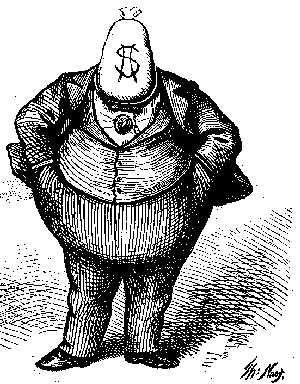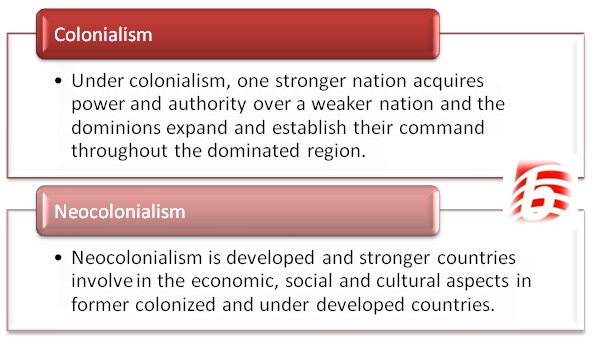

still leads in this count, but its share has declined from one-half of the total a decade ago to one-third today.) Considering the billionaire scorecard overall, it looks like global capitalism is working. The BRICs (Brazil, Russia, India, and China) added 108 of the 214 new names to the list. Forbes has just published its “2011 Billionaires List” which now numbers 1,200 individuals having with a combined wealth of $4.5 trillion. Meanwhile, the democratic process in established locales like the U.S., as well as Britain and Germany, though conflictual in the case of national budgets, demonstrates the continued vitality of this political system for “doing the public’s business.”Īnother stream of news has to do with the stunning creation of wealth around the world. Brazil, Peru, and other “young” democracies are working through conflicts smoothly (relatively so in case of Peru). In Egypt, Tunisia, and other lands in the Middle East, the public is challenging and in some cases ridding itself of dictators and making moves toward democracy and reform. One set of “news” has to do with the rise of democracy in developing nations and its perturbations in the developed world. In other words, plutocracy is a binding and imperative mandate that firmly links the figures of the president and the principal and subordinates political leadership to economic power.Scattered new stories, in print, on TV, and on line, point to two different trends that should complement but may clash with one another.
#PLUTOCRACY MEANING SERIES#
* the constituents issue a series of binding instructions that limit and define the powers that the agent has. * The president must be accountable to the people who have supported him every step of his way. * the constituents have the power to revoke the president at any time, if they so wish

* representation does not abide by the mandate of democracy, that is, of the general will, but is limited to responding to those who have supported it financially The representation of the plutocracy may be related to the old model of Private right, the branch of Right in which none of the subjects involved in a relationship is the State, and this can be seen in the following points: As in the plutocracy, the oligarchs strongly influence political decisions thanks to their capital. In ancient Greece, political writers used this term to refer to a degeneration of the aristocracy. The concept of plutocracy is linked to that of oligarchy, a form of government in which a few (usually belonging to the same social class) assume supreme power. Relationship between plutocracy and oligarchy
#PLUTOCRACY MEANING REGISTRATION#
At the other extreme is universal suffrage, which imposes no barriers other than age for registration on an electoral roll. The contribution required by this system in favor of public finances (the census) did not promote a political party, and therefore its essence does not coincide with that of the plutocracy.

The census suffrage, unlike the plutocracy, was a system electoral that was based on endowing the right to vote to the portion of the people that met certain well-defined requirements, both economically, as well as socially and academically. This system should not be confused with those in which a minimum wealth was required to be able to exercise citizenship, as was the case with the census votes. Plutocracy, in short, can be installed from the indirect exercise of political power by the upper classes, who dominate the economy. A representative democracy can function like a plutocracy.


 0 kommentar(er)
0 kommentar(er)
